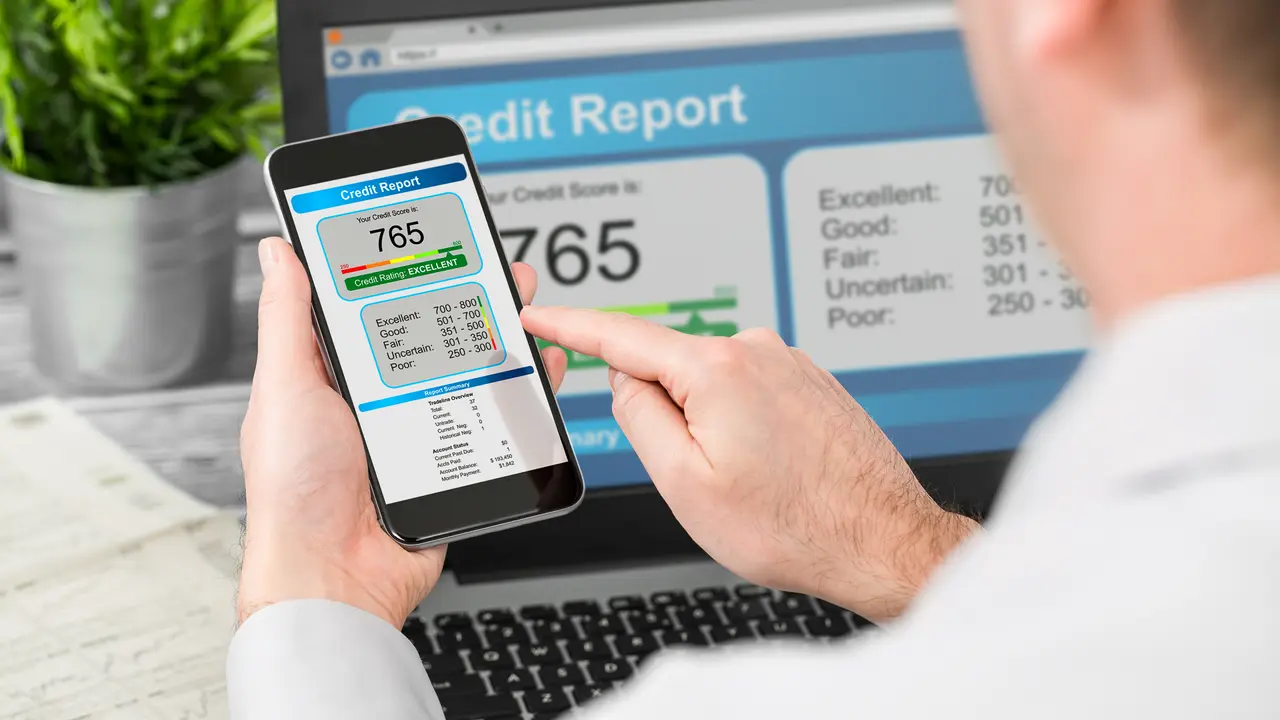Keeping an eye on your credit score might seem like just another chore in a busy life, but it’s one of the best ways to stay on top of your financial health. A good credit score can open doors for you, like lower interest rates on loans and credit cards, better insurance premiums, and even a smoother home-buying process. Thankfully, monitoring your credit score doesn’t have to be complicated or expensive. Many credit card companies offer free access to your score, and there are nonprofit organizations that can help too. You can also choose to pay for credit monitoring services that offer additional benefits.
If you’re also considering credit card debt consolidation, understanding your credit score can be even more crucial. Let’s explore tracking your credit score and why it matters.
Why Monitoring Your Credit Score is Important
Understanding your credit score is key to making informed financial decisions. Your credit score is a number that reflects your creditworthiness, which lenders use to determine the risk of lending you money.
1. Track Your Progress
Regularly checking your credit score allows you to see how your financial habits impact it. If you’re working to pay down debt or improve your financial situation, tracking your score can serve as motivation. Seeing improvements can encourage you to keep up the good work.
2. Spot Errors Early
Mistakes happen. Sometimes, credit reporting agencies might list incorrect information, such as an unpaid bill or a wrong account balance. By monitoring your credit score, you can catch these errors early and dispute them. This can help ensure your score accurately reflects your financial situation.
3. Prepare for Major Purchases
If you’re planning to buy a house, a car, or even applying for a new credit card, knowing your credit score ahead of time can help you prepare. If your score is lower than expected, you can take steps to improve it before making a major financial commitment.
How to Access Your Credit Score
You might be surprised at how easy it is to access your credit score. Here are some options you can consider:
1. Free Credit Score Access
Many credit card companies and lenders now offer free access to your credit score as part of their services. Check your online account or mobile app to see if this is an option. It’s a great way to keep tabs on your score without any cost.
2. Nonprofit Credit Counselors
Nonprofit credit and housing counseling services can provide you with your credit score and help you understand it better. They can offer personalized advice based on your financial situation and help you create a plan to improve your score.
3. Paid Services
If you want more comprehensive services, consider signing up for a paid credit monitoring service. These services often include features like:
Real-time alerts for any changes to your credit report
Identity theft protection
Credit score tracking and personalized tips for improvement
While these services come at a cost, they can be worthwhile if you’re serious about monitoring your credit.
What Affects Your Credit Score?
Understanding what factors influence your credit score is essential for making improvements. Here are the main components:
1. Payment History (35%)
Your payment history is the most significant factor in determining your credit score. Making payments on time boosts your score, while missed or late payments can bring it down quickly.
2. Credit Utilization (30%)
This measures how much of your available credit you’re using. Ideally, you want to keep your utilization below 30%. If you have high credit card balances compared to your limits, it may negatively impact your score.
3. Length of Credit History (15%)
The longer you’ve had credit accounts, the better it can be for your score. This shows lenders that you have experience managing credit.
4. Types of Credit (10%)
Having a mix of credit types—like credit cards, auto loans, and mortgages—can be beneficial. It shows lenders you can manage different types of credit responsibly.
5. New Credit (10%)
Each time you apply for new credit, it results in a hard inquiry on your report, which can slightly lower your score. If you apply for multiple credit lines in a short period, it can signal financial distress to lenders.
Creating a Plan for Improvement
Monitoring your credit score is just the first step; it’s essential to have a plan for improving it. Here are some strategies you can use:
1. Make Payments on Time
Setting up automatic payments can help ensure you never miss a due date. This is the most effective way to improve your credit score over time.
2. Reduce Credit Card Balances
If your credit utilization is high, focus on paying down your credit card balances. This can have a quick, positive impact on your score.
3. Avoid Opening New Accounts Too Quickly
While having a mix of credit can help, opening too many new accounts at once can lower your score. Be strategic about when you apply for new credit.
4. Review Your Credit Report
Regularly check your credit report for errors. You’re entitled to a free credit report from each of the three major credit bureaus once a year. Make sure everything is accurate and dispute any inaccuracies.
Conclusion: Take Charge of Your Financial Health
Monitoring your credit score is an essential part of maintaining your financial health. By understanding your score, accessing it through reliable sources, and actively working to improve it, you can set yourself up for success.
Remember, a good credit score can open doors to better interest rates and financial opportunities. Whether you’re aiming to reduce credit card debt or simply looking to improve your overall financial situation, taking control of your credit score is a powerful step in the right direction. Stay proactive, keep monitoring your score, and watch as your financial future becomes brighter.
Keep an eye for more latest news & updates on Hint Insider!




